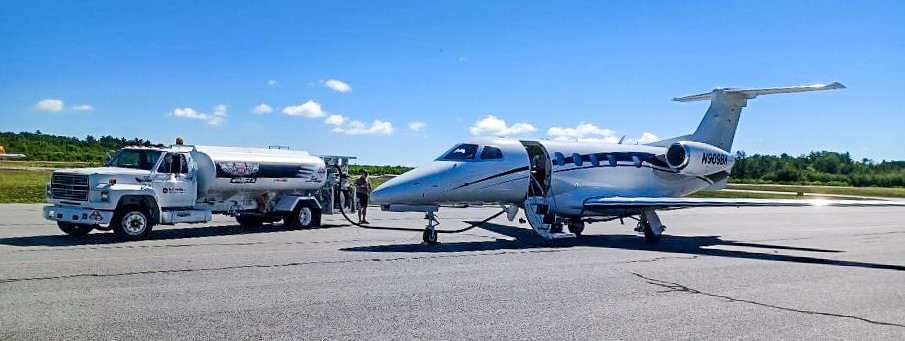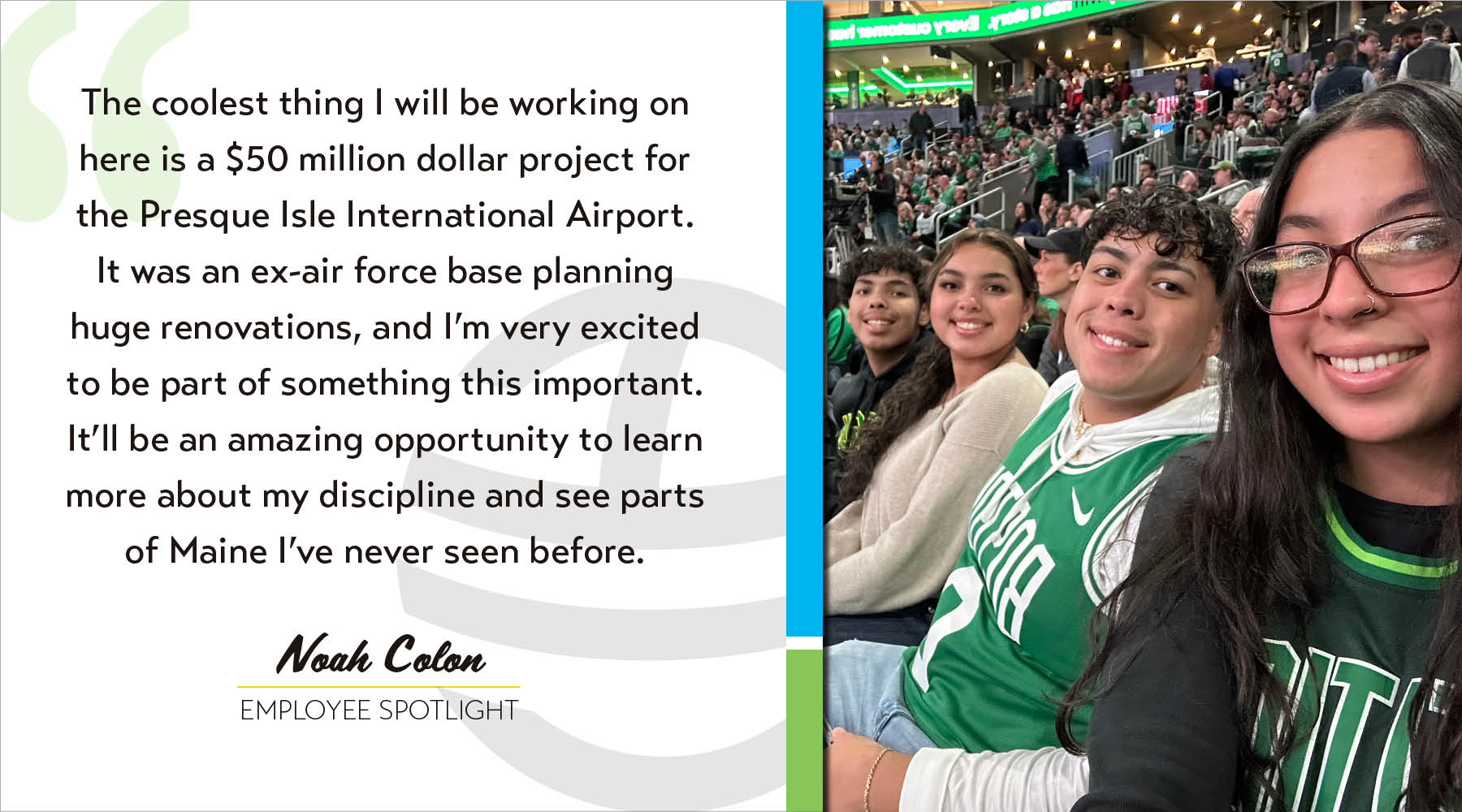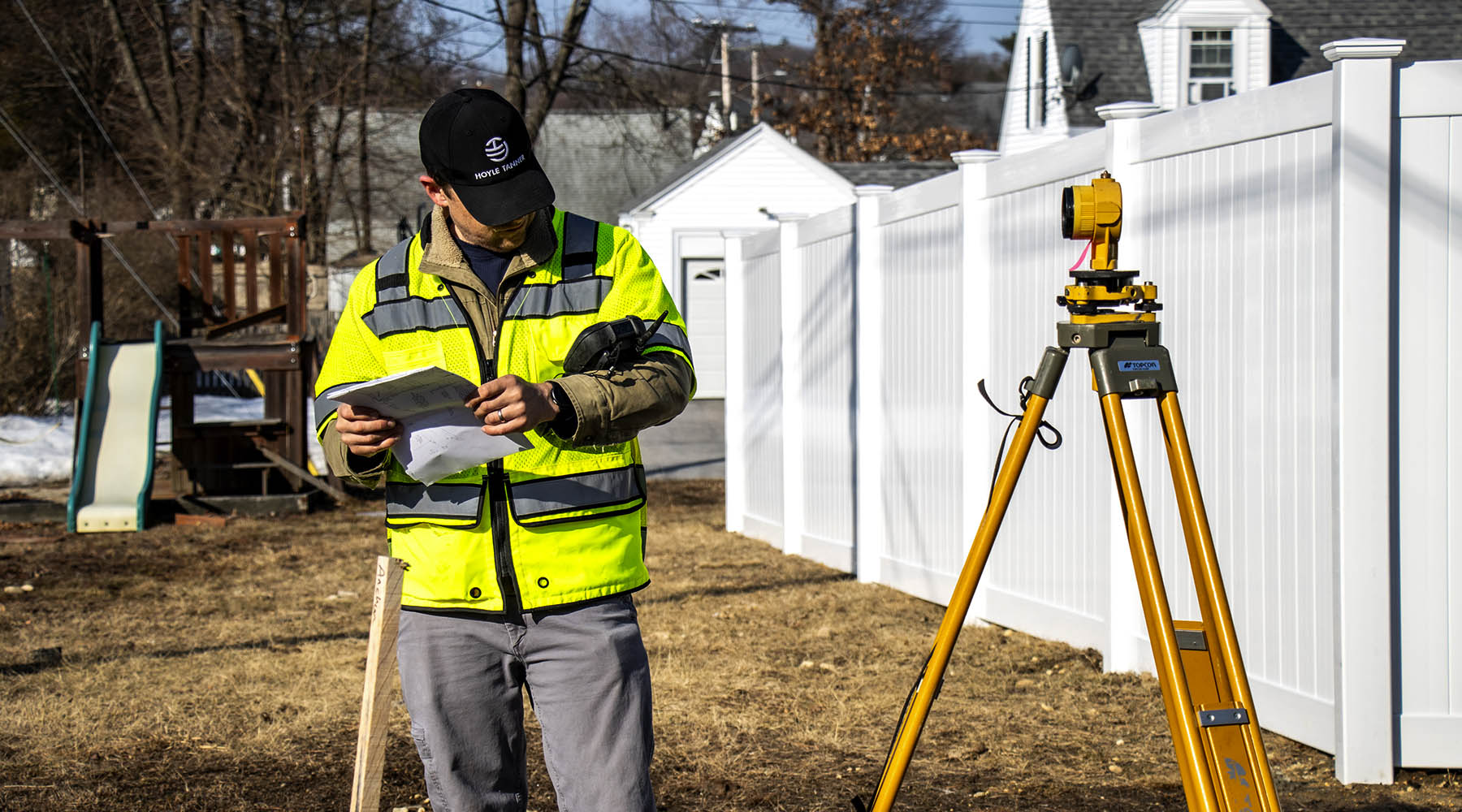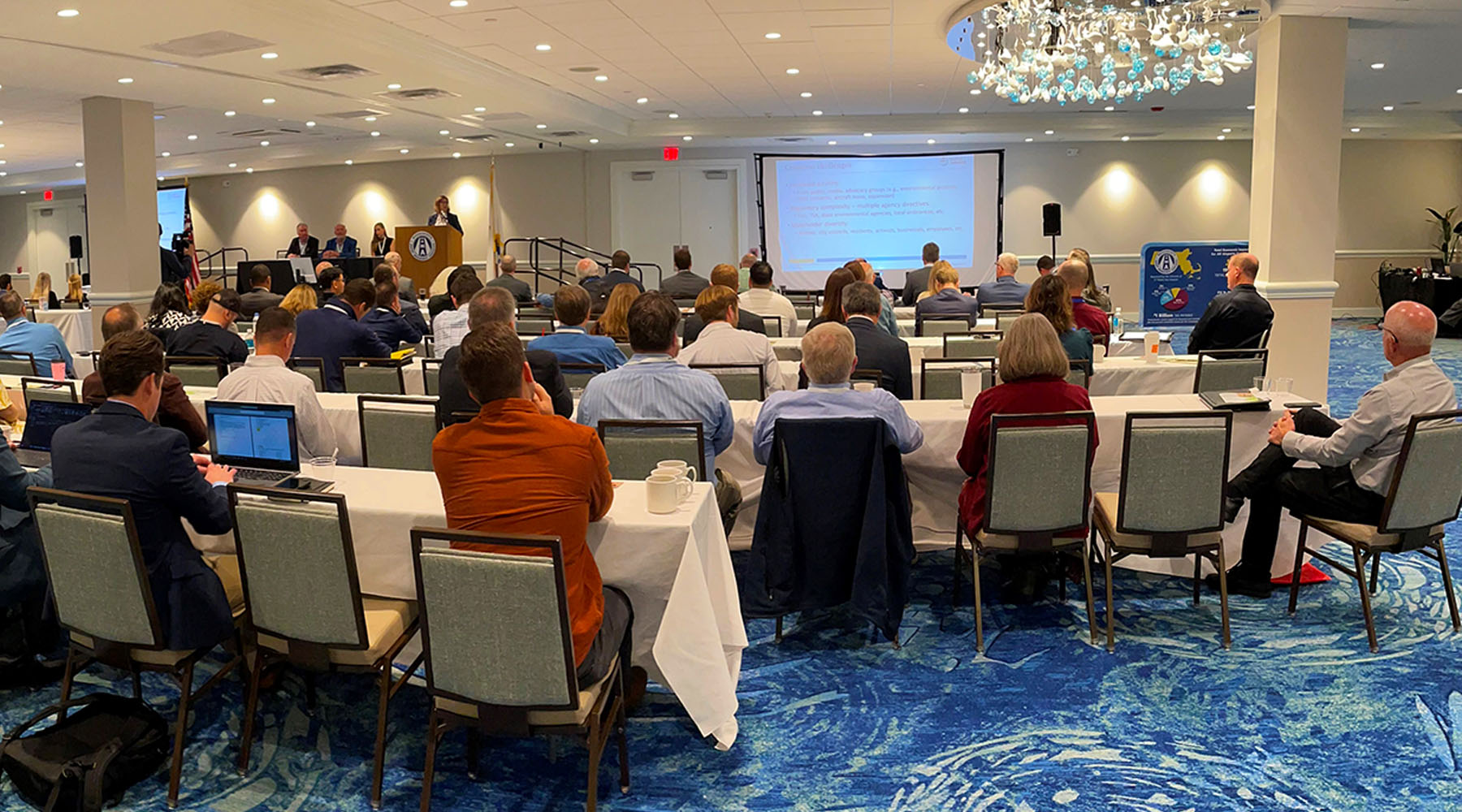In the winter, family and friends who live far from New England ask me why I live in the frozen tundra. I remind them that the snow always melts and that the non-snowy months are full of outdoor recreational opportunities that are unparalleled in other areas of the US. Hiking, kayaking, canoeing, and mountain biking are all excellent ways to get outside and enjoy the beautiful resources we have in our region. There is currently an expansion of mountain biking trails and adaptive friendly mountain biking trails that allow riders of all skill levels and physical abilities – even trails that can be used for winter riding! Hoyle Tanner has been fortunate to partner with three local organizations that have received federal funding for expanding mountain bike trails in New Hampshire and Maine.
Agency Partnerships
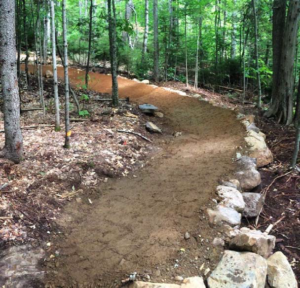
The Northern Border Regional Commission (NBRC) is a federal-state partnership that promotes economic and community development within the most distressed counties of Maine, New Hampshire, Vermont, and New York. They provide funding opportunities through a variety of programs that aim to improve the economic health of the northern sections of New England. Because this is a federal agency, issuance of funding requires compliance with the National Environmental Policy Act (NEPA). This can be a challenge for smaller organizations that do not have the time or experience needed to complete paperwork and address all the requirements.
Helping a Small Town in Maine
Hoyle Tanner’s environmental permitting team helped the Carrabassett Region Chapter of the New England Mountain Bike Association (CRNEMBA) respond to the NEPA compliance requirements: they obtained funding from NBRC for 1.5 miles of new trails within the Stoney Brook region in the Town of Carrabassett Valley in Maine. Because the trail included tree clearing for an 8-foot-wide swath that will, over time, narrow to a 3 or 4-foot-wide trail, we worked with the US Fish and Wildlife Service (USFWS) to avoid and minimize the potential for trail creation and operation impacts to the threatened Canada lynx and the Northern long-eared bat. This trail is anticipated to bring 15,000 visitors per year to the region who will provide a needed economic boost for the community.
Adaptive-Friendly Trails in New Hampshire
Because of the success of this effort, we were recommended to work with the Northern Forest Center to complete NEPA documentation for new mountain bike trails in the Towns of Gorham and Franconia, NH. The Franconia trail will be an adaptive-friendly trail that will eventually be part of an adaptive friendly loop accessible from downtown Franconia. The Adaptive Trail movement promotes hiking and biking trails that have characteristics that allow individuals with various physical challenges to enjoy them, such as a fairly even grade and cross slope (sideways inclination of the surface), solid surface firmness, and reduction of any obstacles, such as rocks, roots, or steps. While the trail will not be paved, it will be designed to encompass a broad range of riders who typically cannot ride a standard mountain bike and require adapted equipment and trails to suit their physical, intellectual, neurological, and sensory abilities.
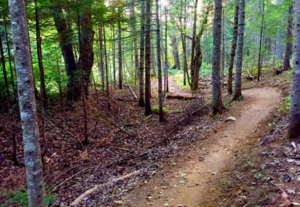
Making a Positive Impact through Permitting
Assisting these organizations in this important work aligns with Hoyle Tanner’s goals of providing quality services that meet the needs of our diverse population and that promote inclusivity in outdoor recreational opportunities. The permitting services that we provide are a great example of how we can make a positive mark on our communities. Contact me if you have questions about the permitting needs for any recreational project you have planned!


